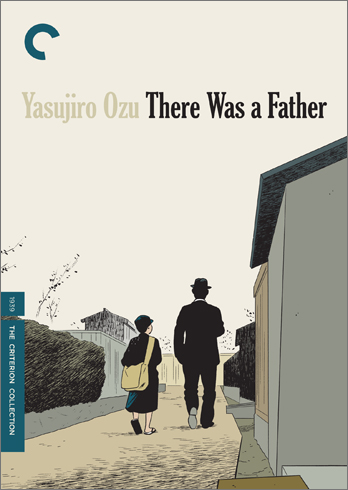(Yasujiro Ozu, 1942)
Loved it. There Was a Father belongs to a mini-genre that I am consistently fascinated by: stories about fathers who are unable to compromise their moral integrity, leading to sacrifices for a family or child. In this case, the father is a teacher who feels obligated to resign when through no fault of his own a child under his supervision dies on a school retreat. The decision comes not from pressure from the family or his superiors, but from his own sense of guilt and the self-awareness to know he wouldn't be able to send his own child to be supervised by someone in his position.
Newly unemployed, the widower and father of one looks for work in other towns in order to pay his son's way through school. The only options open to him place him increasingly further away from his son, who is put in boarding school and works his way towards becoming a teacher, just like his father. This is the basic plot of the film, but really the movie is about the father/son relationship, both here and universally. The father in the film means to show his son through example how to live your life, but all the son wants from his father is love and affection. This struggle is a common one in narratives, particularly from the past hundred years, but the way Ozu depicts it is uniquely Japanese.
Conflict in Ozu's films continues to come from within, something that is anathema to Hollywood. The father does not hate the son for loving him above his duties to society, he just intends to guide his son towards a dignified life. The conflict in There Was a Father creeps up on you, avoiding rising drama or climax, much in the way life avoids those things. His work is so gentle that it can sometimes seem as if no one made an Ozu film - like a painting without brush strokes. Yet each film generates similar responses in similar sequence, and each story haunts you long after you finished watching it unfold, and in the end, There Was a Father - like all of Ozu's work - bears his unmistakable mark.

No comments:
Post a Comment